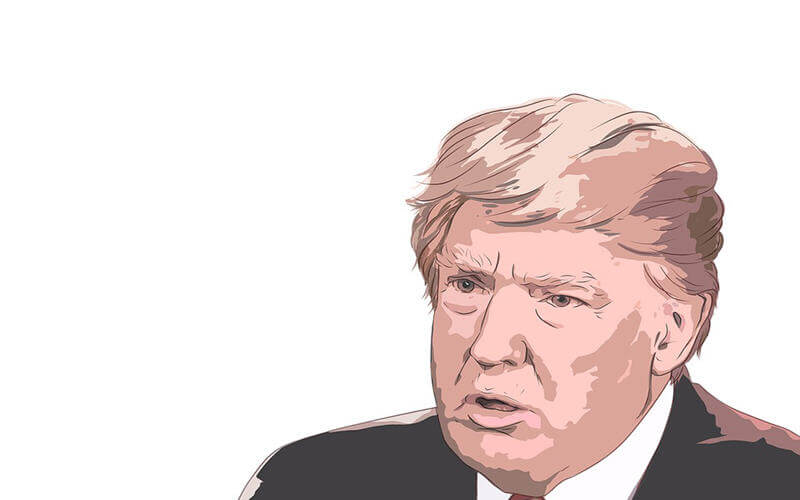
Despite many claims to the contrary, North Korea tensions aren’t actually what’s driving the rally in gold, Goldman Sachs said in a Tuesday note.
Instead, the bank said, uncertainty inspired by President Donald Trump has boosted the yellow metal — but that’s set to fade.
Spot gold has certainly rallied of late, climbing from levels under $1,212 an ounce in July to as high as $1,342.90 this week, touching its highest levels in around a year, according to Reuters data.
Gold, which traditionally acts as a safe-haven play when investors turn nervous, was at $1,338.50 an ounce at 9:41 a.m. HK/SIN on Wednesday.
Some of the metal’s gains have coincided with increased tensions on the Korean Peninsula, including when North Korea claimed a successful hydrogen bomb test on Sunday.
Goldman, however, didn’t think the gold rally was unrelated to the North Korean tensions, just that it only explained around $15 of the more than $100 rally.
“We find that the events in Washington over the past two months play a far larger role in the recent gold rally followed by a weaker dollar,” it said, adding that’s the reason the yellow metal likely wouldn’t hold its gains.
Barring a “substantial” escalation of North Korean tensions, Goldman said it was sticking with an end-of-year gold forecast of $1,250 an ounce.
It said Trump’s approval rating was a good proxy for Washington risks, correlating with both interest rates and gold prices. Together with a weaker dollar, that accounted for around 85 percent of gold’s recent rally, it said.
Still, it added, that risk was set to fade.
“In coming months, the unfortunate aftermath of hurricane Harvey suggests that Washington is going to have to overcome their differences, pass spending bills, try harder to avoid a government shutdown and pursue infrastructure projects sooner than later,” it said.
Goldman has lowered its estimate of the probability of a government shutdown to around 15 percent from 35 percent.
It added that gold can offer a good hedge against global risks when the event leads to a debasement of the dollar, but on average, it doesn’t respond too much to geopolitics after controlling for macro variables.
That meant the situation on the Korean Peninsula wasn’t likely to propel gold much, Goldman said.
North Korean tensions were “very serious,” but the market wasn’t adding much of a risk premium, suggesting it still viewed military escalation and disarmament as tail risks, the bank added.
“North Korea may not really have an incentive to launch an attack as this would likely lead to retaliation. But it is also unlikely to give up nuclear capabilities as it likely sees them as a guarantee of its safety,” it said. “As a result, from game theory perspective, it is a stable equilibrium.”
Source: CNBC